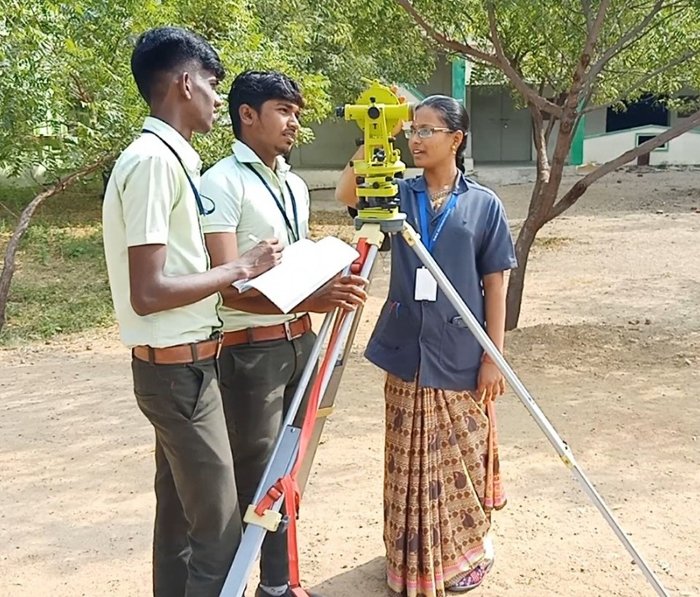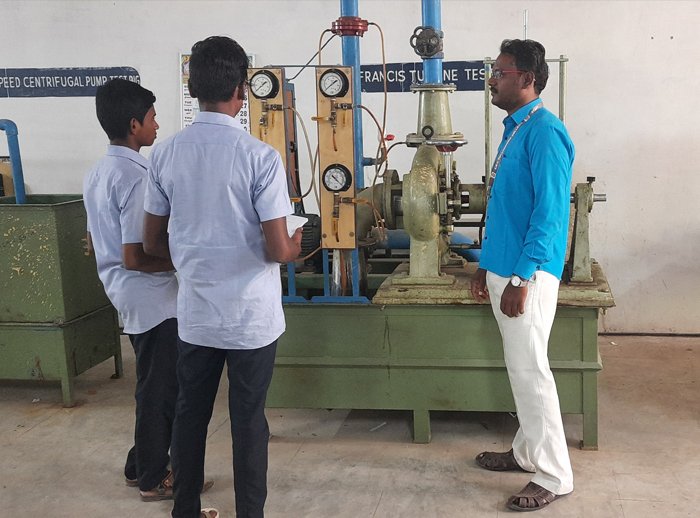
A Diploma in Civil Engineering is a technical program that provides students with a strong foundation in the principles and practices of civil engineering. The program typically spans three years and covers a range of subjects related to construction, infrastructure development, and project management. Here are some common elements of a Diploma in Civil Engineering course and potential career opportunities:


Many diploma programs include fieldwork components such as site visits and practical training to provide hands-on experience.
Students may be required to undertake project work, which could involve designing and executing a construction project.
Some programs include an internship or industrial training component, allowing students to gain practical experience in the civil engineering industry.
Depending on the program, students may have the option to choose elective subjects in areas such as earthquake engineering, water resources engineering, or advanced construction techniques.



